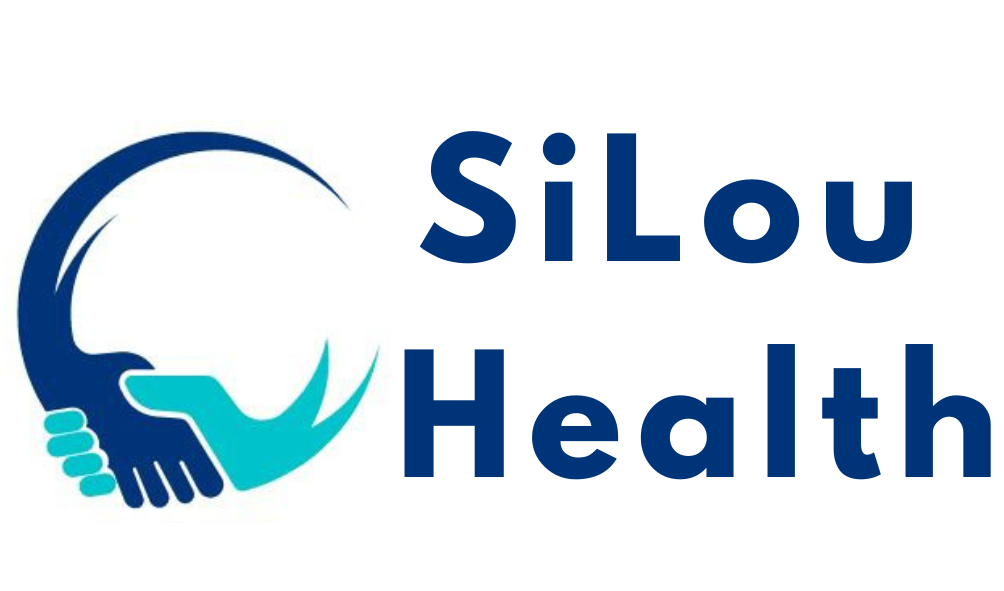
Introduction
You finally have a free afternoon: no meetings, no obligations, nothing urgent on your plate. So you decide to rest. Watch something, take a nap, or do nothing for a bit, and then it hits that uncomfortable feeling in your chest. The nagging voice that says you're wasting time. You should be doing something productive, something useful, or something that counts.
Welcome to rest guilt. It's surprisingly common, and it's quietly sabotaging your mental health in ways you might not realize.
Where Rest Guilt Actually Comes From
Most of us weren't taught that rest has value on its own. Instead, we learned that our worth is tied to what we accomplish.
Think about it, from school onward, we're praised for being busy, for pushing through tiredness, for doing more than expected. Rest was something you earned after proving you'd worked hard enough.
That message stuck now, even when your body is begging for a break, your mind treats rest like laziness. Like something you have to justify or feel ashamed about.
But here's what that belief ignores: rest isn't the opposite of productivity, it's what makes productivity possible. Without it, you're just running on fumes, and eventually, you'll burn out completely.
The Sneaky Ways Rest Guilt Shows Up
Sometimes rest guilt is obvious. You're lying on the couch and can't stop thinking about your to-do list.
Other times it's more subtle; you only let yourself rest if you're sick, because then it feels justified. Or you fill your downtime with "productive" activities like listening to podcasts or catching up on emails.
Some people avoid rest altogether. They stay busy not because they want to, but because stopping feels too uncomfortable. The guilt is so strong that constant motion seems easier.
The problem is, none of these strategies actually gives you what rest is supposed to provide. Real rest requires letting go. And guilt makes that impossible.
How Rest Guilt Keeps You Stuck
When you can't rest without feeling bad about it, your nervous system never fully relaxes. You might be physically still, but mentally, you're on high alert.
That chronic tension affects everything, sleep quality drop, your stress levels stay elevated, you become more irritable, more anxious, more prone to getting overwhelmed by small things.
Rest guilt also prevents you from recognizing when you actually need a break. You push through exhaustion because you've convinced yourself that's what responsible people do. But ignoring your body's signals doesn't make you stronger. It just makes you more depleted, and here's the kicker: the more depleted you are, the less effective you become at everything else. Hence, the guilt that's supposed to keep you productive actually undermines your ability to function well.
 Rethinking What Rest Actually Means
Rethinking What Rest Actually Means
Part of the problem is how we define rest. We tend to think of it as doing nothing, and doing nothing feels wasteful.
But rest isn't just the absence of activity. It's active recovery. It's giving your mind and body the space to repair, recharge, and reset.
Rest can be in various forms. A walk without your phone, reading for pleasure, sitting outside and watching the sky, having a conversation with someone you love. Anything that lets you be present without demands.
The key is that it's restorative, not just a distraction. Scrolling social media might feel like rest, but it often leaves you more drained. True rest leaves you feeling a bit more like yourself again.
Challenging the Beliefs That Drive the Guilt
If you want to rest without guilt, you will have to question the beliefs underneath it.
Start by asking yourself: Who taught me that my value depends on how much I do? Is that actually true, or is it just a story I've been carrying?
Think about the people you love most. Do you value them based on their productivity? Probably not. You value them because they exist, because of who they are. Why wouldn't the same apply to you?
Another belief to examine: the idea that rest is selfish, that taking time for yourself means you're neglecting others or shirking responsibility.
But running yourself into the ground doesn't help anyone. When you're burned out, you have less to give. Rest isn't selfish. It's necessary maintenance.
Practicing Rest Without Shame
Changing your relationship with rest takes practice. It won't feel natural right away, and that's okay. Start by scheduling rest the same way you schedule everything else. Put it on your calendar. Treat it like an important appointment you wouldn't cancel.
In a situation when guilt come up, acknowledge it, and tell yourself, "I notice I'm feeling guilty, That's just an old pattern, It doesn't mean I'm doing anything wrong."
Try resting in small doses if big chunks feel too overwhelming. Ten minutes of sitting quietly. A short walk. Permission to stop working at a reasonable hour.
Pay attention to how you feel after you rest. Not in the moment when guilt is loudest, but later. Notice if you have more patience, more creativity, more energy. Let the positive effects speak for themselves.
Giving Yourself Permission
At the end of the day, rest guilt is about permission. You're waiting for someone or something to tell you it's okay to stop however, that permission has to come from you. No one else can give it, and no amount of accomplishment will make you feel like you've earned it if you don't believe rest has value.
Your mental health depends on rest. Your body needs it. Your relationships benefit from it, and you deserve it, not because you've worked hard enough, but simply because you're human.
The world will keep making demands. There will always be more to do. But if you wait until everything is finished before you rest, you'll be waiting forever.
Rest isn't something you earn. It's something you need. And recognizing that difference might be one of the most important shifts you make for your well-being.




